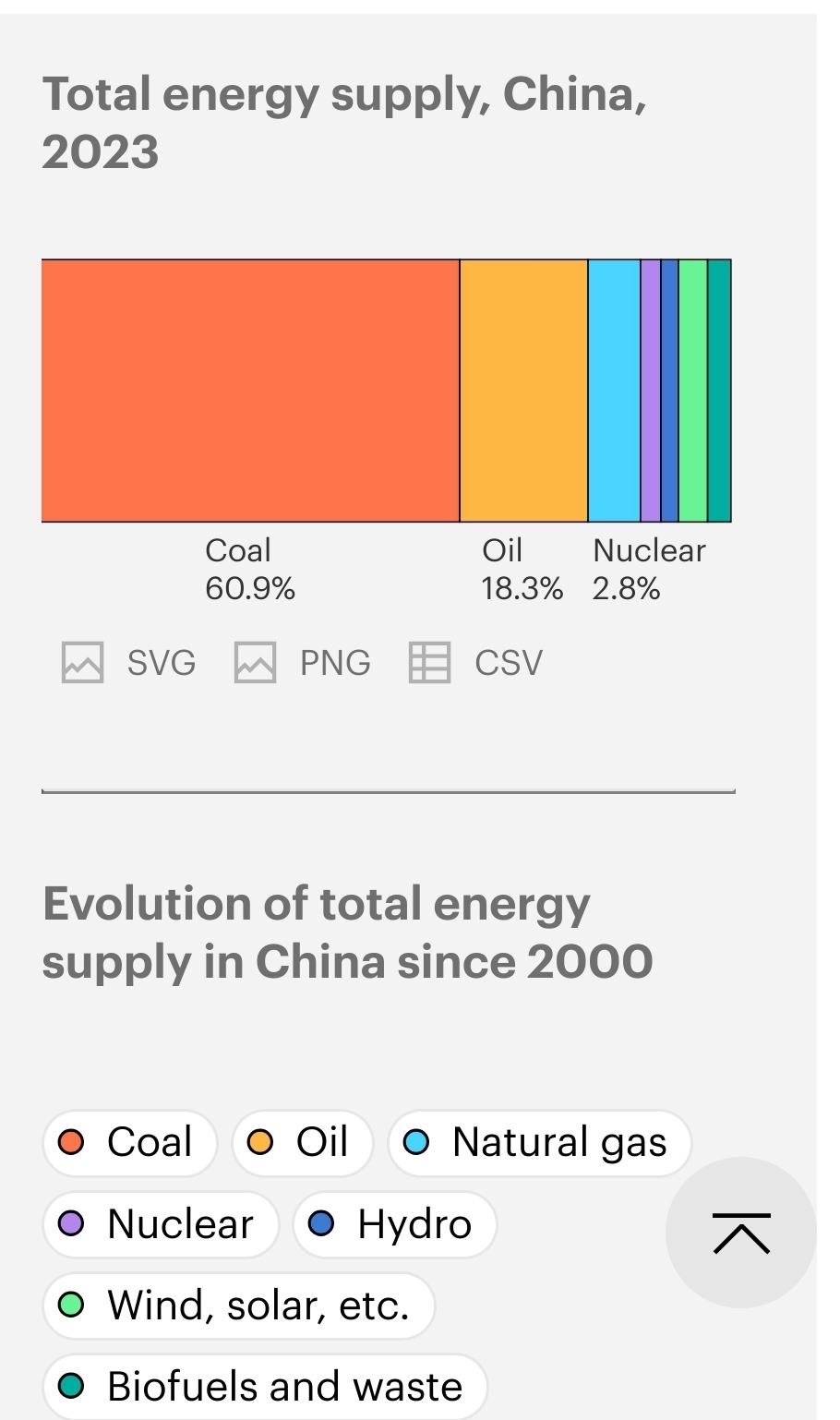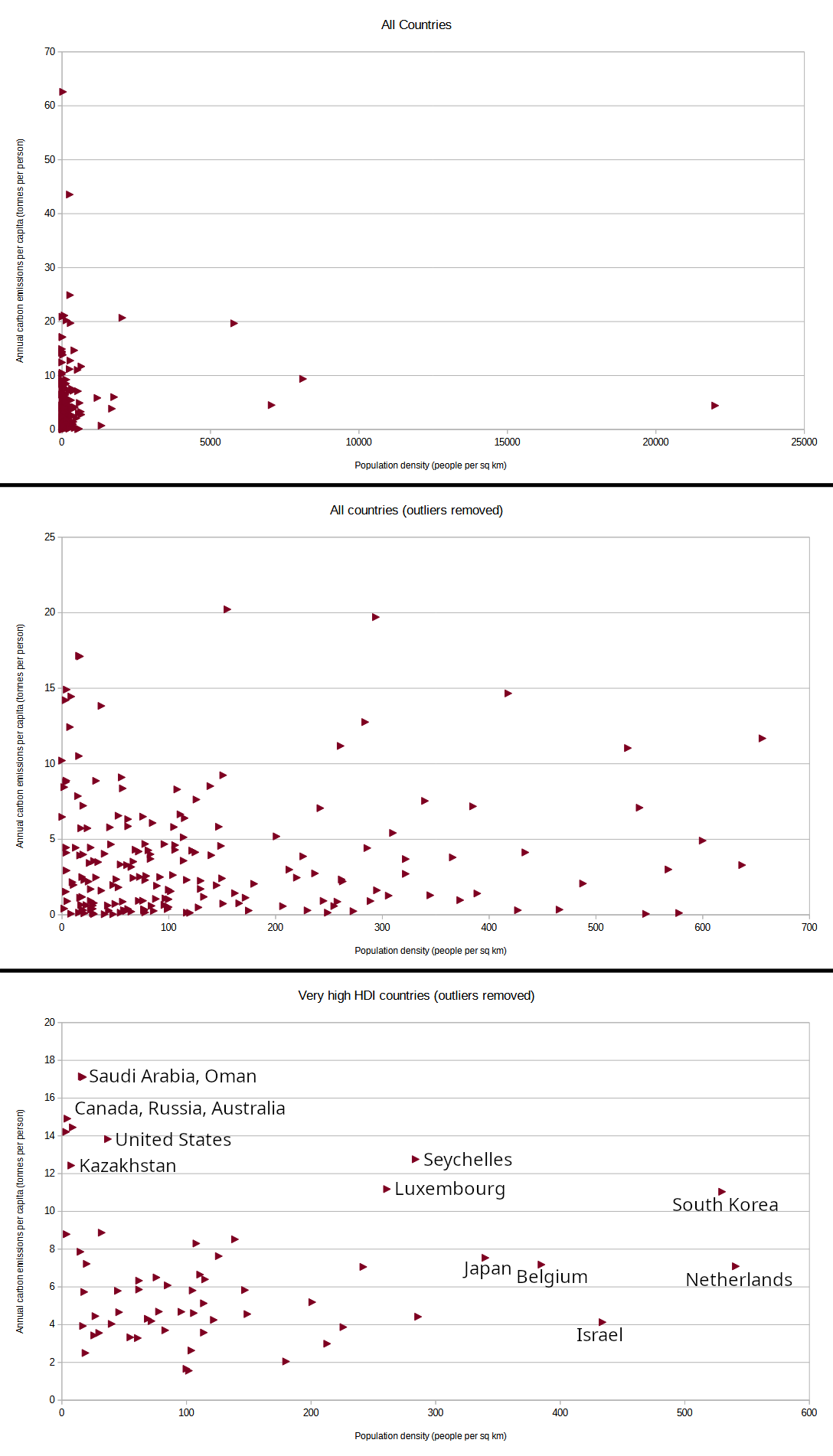And thanks to Trump, the US is perfectly placed to be entirely left behind.
This moron doesn’t understand that green energy was a new sector where US could dominate for decades.
A lot of countries are forced to import fossil fuels as they can’t produce their own so replacing that with local alternatives actually increases national security.
Do people think China went into renewable energy because suddenly Xi became a tree hugger?
From what I’ve gleaned of the ravings of the angry stupid right blogosphere, a lot of people actually do think that only tree huggers want green energy.
And I have little doubt that that’s an opinion that Trump shares, but that’s not his main motivation in all of this. His main motivation is big fat bribes from the fossil fuel industry.
He’s not in a position to know (much, including) how many investors have put their money on green. A few months to put up a low/no-waste solar or windmill farm (he hates how they look) and start profiting … 10 years (at least) to build a high-waste nuke (and decades of paying interest on those expensive long-term loans)
It’s the moment Sears let Amazon take the lead on mail order shopping just because Sears didn’t understand how the internet and shopping could work together.
Doesn’t understand, also doesn’t care. Coal and oil paid for his loyalty.
Not only the US , Germany is also far behind
don’t worry, you can start shutting down france’s nuclear generators once you run out of your own
They are already shutting it down on their own due to recent heatwaves raising the temps of the water used to cool down their reactors
Which is an ecological measure, not a technical one, and can be circumvented by existing technologies like cooling towers
Just use solar panels to power the ac to cool the water that makes the nuclear. Bonus points for floating solar arrays that cool the panels while shading the cooling water.
Extra bonus: you get to blame perfectly functional renewables when nuclear fails.
Germany is worse than average for Europe, but it’s far better than America and about on par with China. Per capita emissions are a little lower than China’s, but China is a bit better if you look at consumption-based emissions instead
Oh, but Germans can just buy their electricity from French nuclear plants.
Jellyfish; Hold my protozoa…
More behind than an anal orgy.
Don’t get my hopes up
China’s electrification efforts are substantial and to be applauded and encouraged.
The problem is when you tell one sided stories, the important details get lost.

This is the most recent figure on China’s total energy mix from the IEA. They have a stupid long way to go on emissions.
It sounds nice to say they installed more solar in a month that australia has ever in it’s history. Let’s look at the trends…

Coal is up. Way up. Why did this article lose the narrative so badly? Because it’s a fluff piece, not an informed, intelligent discussion on emissions.

Literally worse than America.
What’s the source of these graphs? I’ve seen them used before for a different country and they look really cool. I could probably waste a few hours just browsing different countries
https://www.iea.org/countries/china/energy-mix
You can look at any country.
Is there data for 2024 yet?
Not that I saw. See another post below with the iea website.
deleted by creator
Subsidies for solar going away because it was getting cheaper than coal/oil. bribes paid in exchange for subsidies. it’s still cheaper than new fossil plants. oil still getting subsidies.
I think I need to talk to my friend Luigi about this.
Oh come on! Cheetolini knows best that fossil fuels are the future. All this woke green energy talk.
~I’m case I have to spell it out, I’m being sarcastic.~
not until we actually stop using fossil fuels. we are still using more fossil fuels than ever. And when/if renewables actually start eating into the fossil fuel market, then fossil fuels will get cheaper. So either we are going to burn through most of our fossil fuels regardless, or we will eventually need to take some kind of punitive actions against using them.
anyway, you’d think republicans would be on board with renewables for exactly the same reasons as china. it makes economic and national security sense if that’s all you care about.
my dad once said that if he was in Bush’s position, he would have used 9/11 to justify decoupling from Saudi oil and push for more solar and wind development
I still think about that. So many missed off-ramps to this…
If the US has tried that, SA would have tanked the dollar.
Perhaps. At the same time, we also had a better reputation then. A lot of countries were quick to jump on board when we decided who was gonna get invaded. Maybe they would have been just as eager to pull together and go green? Not that we’ll ever really know, of course.
Actually right now US is not dependent on Saudi. Thanks to shale revolution it is now a net exporter.
Though, yeah that still pollutes and it didn’t remove our allies’ dependence so. The green tech should have been the next step.
The tech wasn’t there yet
It was mostly there for windmills. One of the first big US windmills was built by Charles Brush … one of the early NYC electricity pioneers … over a century earlier. Dependency on oil (political) kept people from realizing how much free energy (fuel) the Sun sends us. WAY more than we can use.
anyway, you’d think republicans would be on board with renewables for exactly the same reasons as china. it makes economic and national security sense if that’s all you care about.
Not for them, and not for the horizon they care about. They’re (and the US as a whole) heavily invested in fossil fuels, so economically for them it makes the most sense to squeeze as much profit from those investments as possible.
Only up to a point, fossil fuels getting cheaper will reach a point where it wont be worth extraction outside of for niche customers.
If renewables become plentiful and cheap enough globally fossil fuels will more or less die off in use, even if right now they’re going upward in use its temporary. The problem is we’re stuck with severe consequences even if they do eventually largely stop. We’re stuck with severe consequences if they stop this very instant in fact.
What we really want is renewable energy to become so cheap and plentiful that not only do fossil fuels stop being used but carbon capture technology’s high energy cost becomes null and it just becomes a net good. ATM the technology is useless because the high energy cost ends up just putting more co2 into the air anyway than is removed.
Fund Ukraine to bomb Russian refineries. Huge win for the environment
Incorrect. Why are you speaking in an authoritative voice when you aren’t knowledgeable about the topic?
Percentage of fossil fuels is down -
https://www.worldenergydata.org/wp-content/uploads/11-US-elec-fuel-share-trends.svg
And the absolute amount of fossil fuels is down -
https://www.worldenergydata.org/wp-content/uploads/10-US-elec-fuel-qty-1.svg
Source -
https://www.worldenergydata.org/national-energy-trends/trends-of-united-states-energy-system/
Man, they’re twisting the data hard to try to make China look good here. They’re falling back on per capita, and cumulative to try to hide that they’re the largest emitter of carbon by far, much of it is from burning coal, which they are still doing much more than any other country.
This is greenwashing, nothing more.
National emissions should be approached per capita. It’d be silly to expect that Luxembourg and France should have the same total emissions
Per capita emissions favour densly packed high population countries.
I dont think countries thay have 5m people should be held to the same number as ones that have 1billion. For nz the best way for us to reduce our per capita emissions is to add another 50m people but that would be counter productive since we want to reduce overall pollution.
Do you have actual data for that? Here are some comparisons of population density and emissions per capita:
The first chart is every country and territory that wikipedia had numbers for on both population density and emissions per capita.
The second has outliers with the highest densities and emissions per capita removed in order to make the rest visible (removed entries are Bahrain, Bangladesh, Barbados, Bermuda, Brunei, Gibraltar, Hong Kong, Kuwait, Macau, Maldives, Moldova, New Caledonia, Palau, Qatar, and Singapore. I hope you agree that these are not particularly comparable to the US or China for a variety of reasons and are okay to exclude).
The third cuts it down to only countries that have a “very high” rating (at least 0.8) on the Human Development Index, as a proxy for advanced economies. As you can see, there is not a strong correlation between high densities and low emissions. Chile, Sweden, Argentina, and Norway all actually have both significantly lower densities than the US and significantly lower emissions (and there are more, I’m just counting some with populations of at least ten million). Same goes for NZ, there are several countries with comparable or lower densities and also lower emissions. The densest countries are not particularly low emitters, and the sparsest cover the full range.
I can think of a few potential factors explaining it. Yes, high density makes transport easier, but it also means less access to land for clean energy (which is generally much less compact than fossil fuels). Additionally, even in very sparsely-populated countries, most of the population actually tends to be fairly concentrated around a few cities anyway. Consider Australia; it’s not like Australians are evenly distributed across the continent, so the very low population density isn’t particularly representative of the infrastructure challenges for most people there

Maybe… but… remember ten years ago when there were all those articles about how “China is building train stations to no-where!” and today those same train stations are now in the center of new bustling cities? Isn’t this what we’d expect to see, right at the start of a pivot to green energy?
bustling…cities?
not what I’ve seen. I’ve seen entire 30 floor buildings empty.
just because there is a “city” doesn’t mean it’s populated.
If you observe snapshots in time you’d understand what the facts are at that point in time. If you observe the trends at a point in time, you’d understand what things are likely to look at a future point in time. To me the interesting and informative bit is the trend and its short and long term projections. E.g. that it points to peak oil consumption within a couple of years and that it points to reduction of the leverage of OPEC and the US over China along any downstream effects.
Except the anchor that is America will keep fossil fuels going forever.
Jeff Daniels was right in Looper. “Go to china!”








